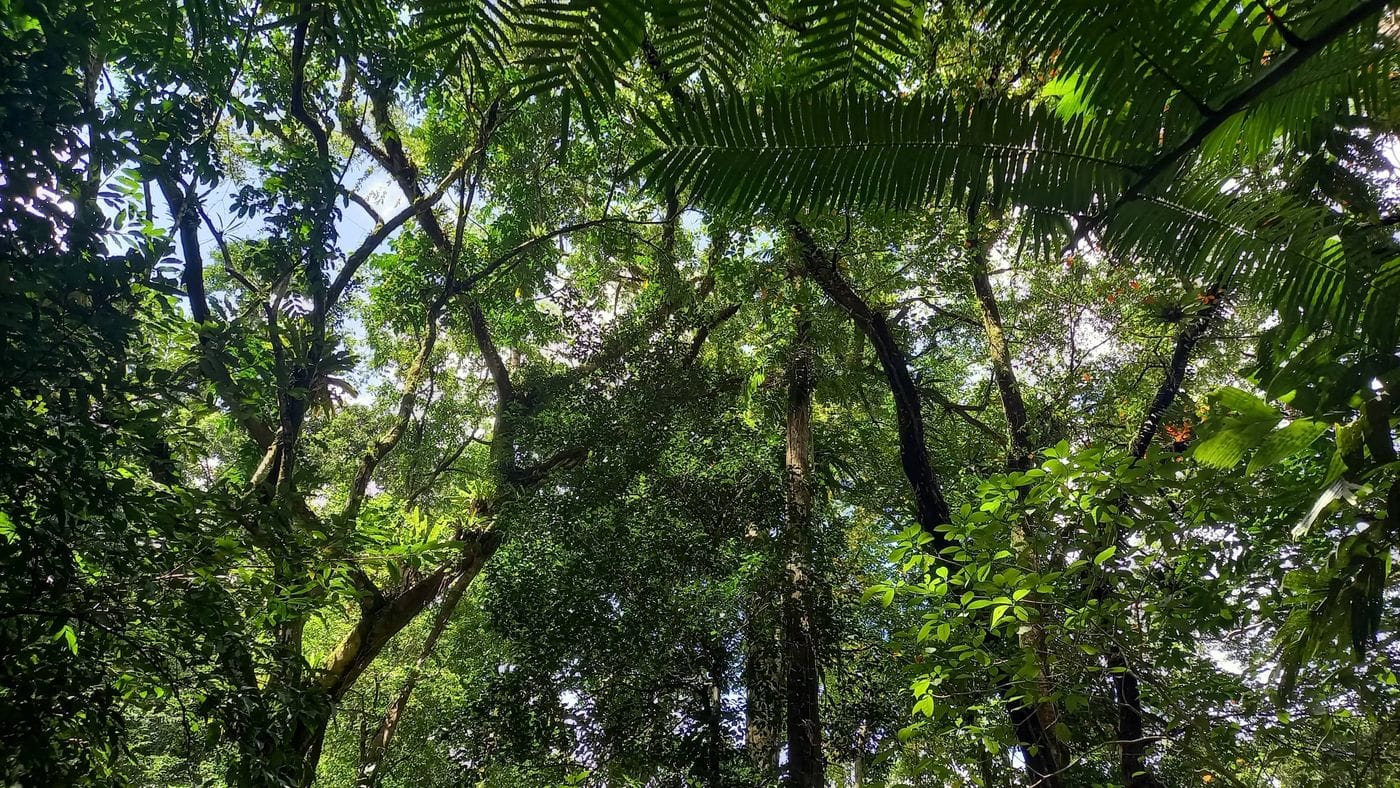
Conservation team travel to the Philippines
Posted on: 26 October, 2023
It’s been a busy few weeks for our Philippines Programme Team, having just returned from a trip to visit project partners on the islands of Negros and Panay.
 First stop was a visit to the Centre for Tropical Studies (CENTROP) to conduct a health and welfare assessment of their breeding centre. The CENTROP breeding centre is split over two sites in south Negros and is home to species including Visayan warty pigs, Philippines spotted deer, and Negros bleeding heart doves. BZS’s head vet, Michelle Barrows, and mammal keeper, Imogen Callender, provided training to the CENTROP team including how to conduct daily welfare and enclosure checks, and how to improve biosecurity measures to reduce the risk of disease such as African Swine Fever.
First stop was a visit to the Centre for Tropical Studies (CENTROP) to conduct a health and welfare assessment of their breeding centre. The CENTROP breeding centre is split over two sites in south Negros and is home to species including Visayan warty pigs, Philippines spotted deer, and Negros bleeding heart doves. BZS’s head vet, Michelle Barrows, and mammal keeper, Imogen Callender, provided training to the CENTROP team including how to conduct daily welfare and enclosure checks, and how to improve biosecurity measures to reduce the risk of disease such as African Swine Fever.
Amongst the busy training schedule, the team found time to visit the project site of our partners the Talarak Foundation. At their private reserve, Talarak have reintroduced several critically endangered species and the team was excited to see one of the reintroduced Bleeding Heart Doves out in the wild!
From Negros, Philippines Programme Lead, Becca Sargent, continued on to the island of Panay to meet with the large team working on our Darwin Initiative project. This project focuses on investigating hunting causes and implementing community-led mitigations around the Northwest Panay Peninsula Natural Park, one of the last remaining areas of lowland primary forest in the Visayan region. In partnership with local NGO, PhilinCon, we carry out biodiversity surveys inside the NP to monitor the status of species included the Visayan warty pig, the tarictic hornbill, and the negros bleeding heart dove. Our forest ranger team regularly patrol the area to identify any illegal activities such as hunting and harvesting of agarwood.

Outside of the NP, our community and market teams are preparing to implement some mitigation strategies aimed at reducing hunting within the forest. After meeting with all the different teams, it was time to see one of these activities in action. As part of our livelihood diversification project, we have been offering training and start-up capital for various projects chosen by the communities, one of which is organic vegetable farming. A training session was held for one interested community, hosted by Municipal Environmental Management Specialist, Agelio Atillano. The session covered information on factors affecting vegetable production, management of pests, and preparation of natural fertilisers. Participants particularly enjoyed the practical activities of concocting their own fertilisers and pest control solutions.
The final few days of the trip were spent on a team building expedition into the forest. As not all of the team are able to regularly visit the Natural Park, this was a great opportunity to remind ourselves what we are working to protect and to marvel at the gigantic ferns, towering trees, and crystal clear rivers of this remarkable rainforest.
Thank you to all of our wonderful local partners for all their hard work and for such a productive and rewarding trip.


